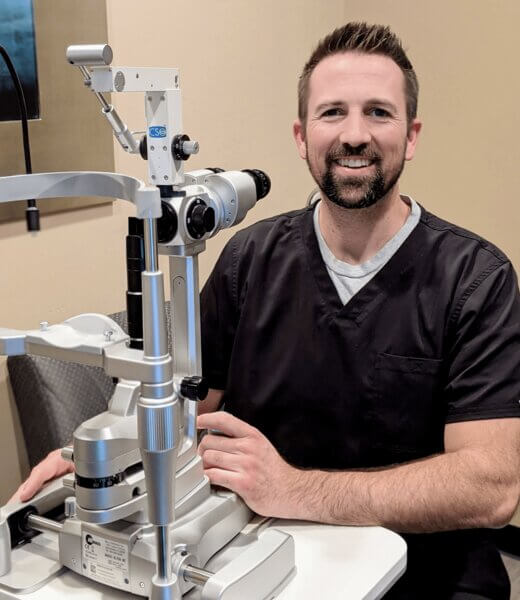Vision is one of the most critical senses, enabling individuals to interact with their environment and maintain a high quality of life. Over the years, significant advancements in vision correction technologies have transformed the way we address various vision impairments. From traditional methods like eyeglasses and contact lenses to cutting-edge surgical procedures and innovative devices, the field of vision correction continues to evolve. This article delves into the latest advances in vision correction technologies, highlighting their benefits, applications, and potential future developments.
Traditional Vision Correction Methods
Eyeglasses
Eyeglasses have been the cornerstone of vision correction for centuries. Modern advancements have led to lighter, more durable materials and a plethora of lens options, including progressive lenses, anti-reflective coatings, and photochromic lenses that adapt to changing light conditions. These innovations provide enhanced comfort and functionality for users.
Contact Lenses
Contact lenses offer a more discreet alternative to eyeglasses and have seen significant improvements in recent years. Innovations include extended wear lenses, daily disposables, and multifocal lenses that address presbyopia. Additionally, new materials have increased oxygen permeability, reducing the risk of complications and enhancing comfort.
Surgical Vision Correction
LASIK and PRK
Laser-Assisted In Situ Keratomileusis (LASIK) and Photorefractive Keratectomy (PRK) are popular surgical options for correcting refractive errors such as myopia, hyperopia, and astigmatism. Recent advancements in laser technology, such as femtosecond lasers, have improved precision and safety, resulting in better visual outcomes and faster recovery times.
SMILE
Small Incision Lenticule Extraction (SMILE) is a newer, minimally invasive procedure that corrects myopia and astigmatism. SMILE involves creating a small incision in the cornea and removing a lenticule of tissue, reshaping the cornea to improve vision. This technique offers advantages such as less post-operative discomfort and a lower risk of dry eye compared to LASIK.
Implantable Lenses
For individuals who are not candidates for LASIK or other corneal refractive surgeries, implantable lenses such as Phakic Intraocular Lenses (IOLs) and Implantable Collamer Lenses (ICLs) provide an effective alternative. These lenses are implanted in the eye, either in front of or behind the iris, to correct refractive errors. Recent designs have improved biocompatibility and reduced the risk of complications.
Advanced Vision Correction Technologies
Corneal Inlays
Corneal inlays are tiny devices implanted into the cornea to treat presbyopia, the age-related loss of near vision. The inlays work by increasing the depth of focus, allowing individuals to see clearly at multiple distances. The latest inlay designs focus on biocompatibility and ease of removal if necessary.
Wavefront-Guided LASIK
Wavefront-guided LASIK is an advanced form of laser eye surgery that uses detailed measurements of the eye’s optical system to create a personalized treatment plan. This technology addresses higher-order aberrations that standard LASIK cannot correct, resulting in sharper vision and better night vision.
Light Adjustable Lenses
Light Adjustable Lenses (LALs) are a revolutionary advancement in cataract surgery. These lenses can be adjusted post-operatively using ultraviolet light to fine-tune the patient’s vision. This allows for precise correction of refractive errors and provides flexibility in achieving optimal visual outcomes.
Gene Therapy
Gene therapy holds promise for treating inherited retinal diseases that cause vision loss. Techniques such as CRISPR-Cas9 are being explored to edit genes responsible for these conditions. Early clinical trials have shown potential in restoring vision in patients with specific genetic mutations.
The Future of Vision Correction
The future of vision correction is likely to be shaped by continued advancements in biotechnology, nanotechnology, and artificial intelligence. Emerging fields such as bionic eyes and retinal implants aim to restore vision in individuals with severe visual impairments. Additionally, ongoing research into stem cell therapy and regenerative medicine offers hope for repairing and regenerating damaged ocular tissues.
Conclusion
The landscape of vision correction technologies is rapidly evolving, offering a wide range of options to address various vision impairments. From traditional methods like eyeglasses and contact lenses to advanced surgical procedures and innovative devices, these advancements are improving visual outcomes and enhancing the quality of life for millions of people worldwide. As research and technology continue to progress, the future holds exciting possibilities for even more effective and personalized vision correction solutions.
Tatum Eyecare is North Phoenix’s premier family eye care center. We’ve spared no expense to create the most pleasant, comfortable patient experience… including the finest furnishings, the best selection of prescription eyeglass frames, the most cutting-edge technology, and the most outstanding team of industry professionals. Come see why the choice for family eye care in the Valley has never been clearer.


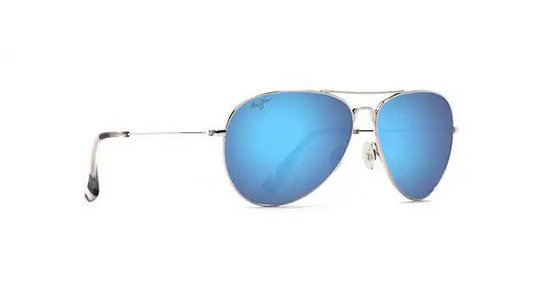
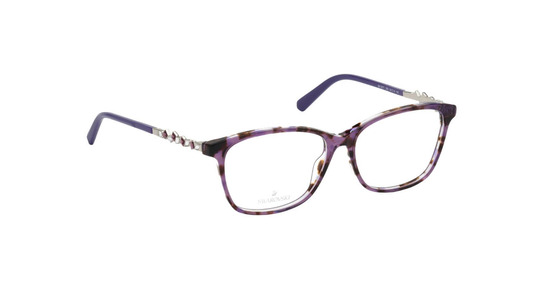
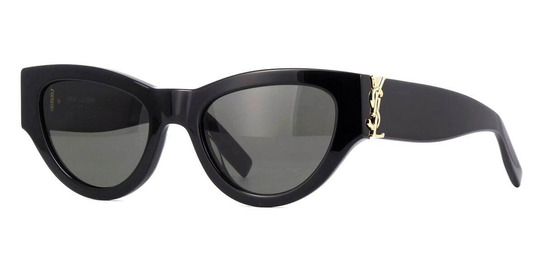
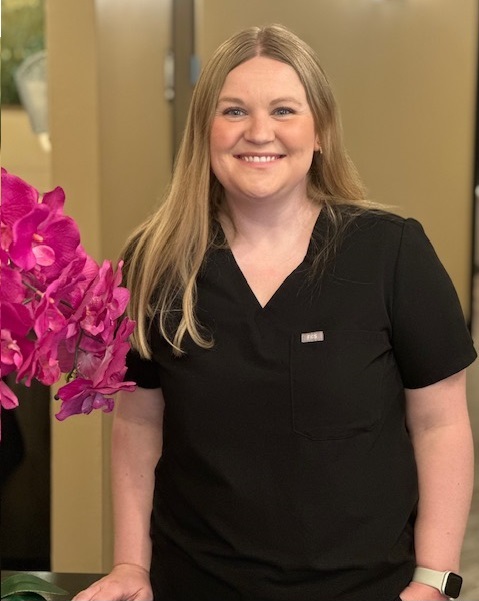
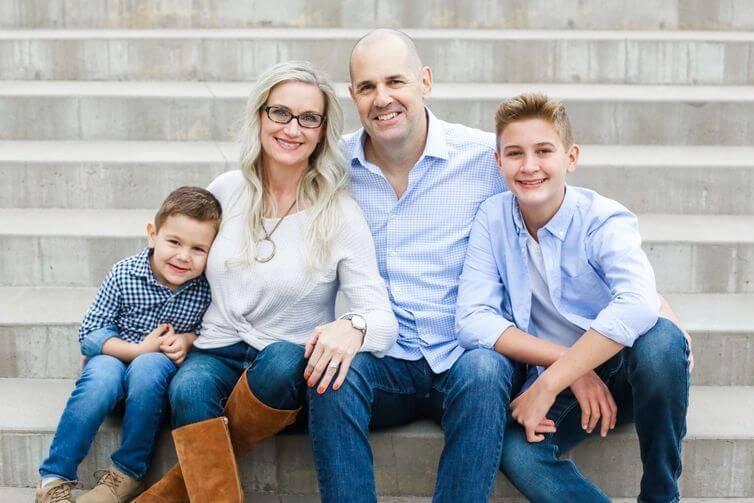

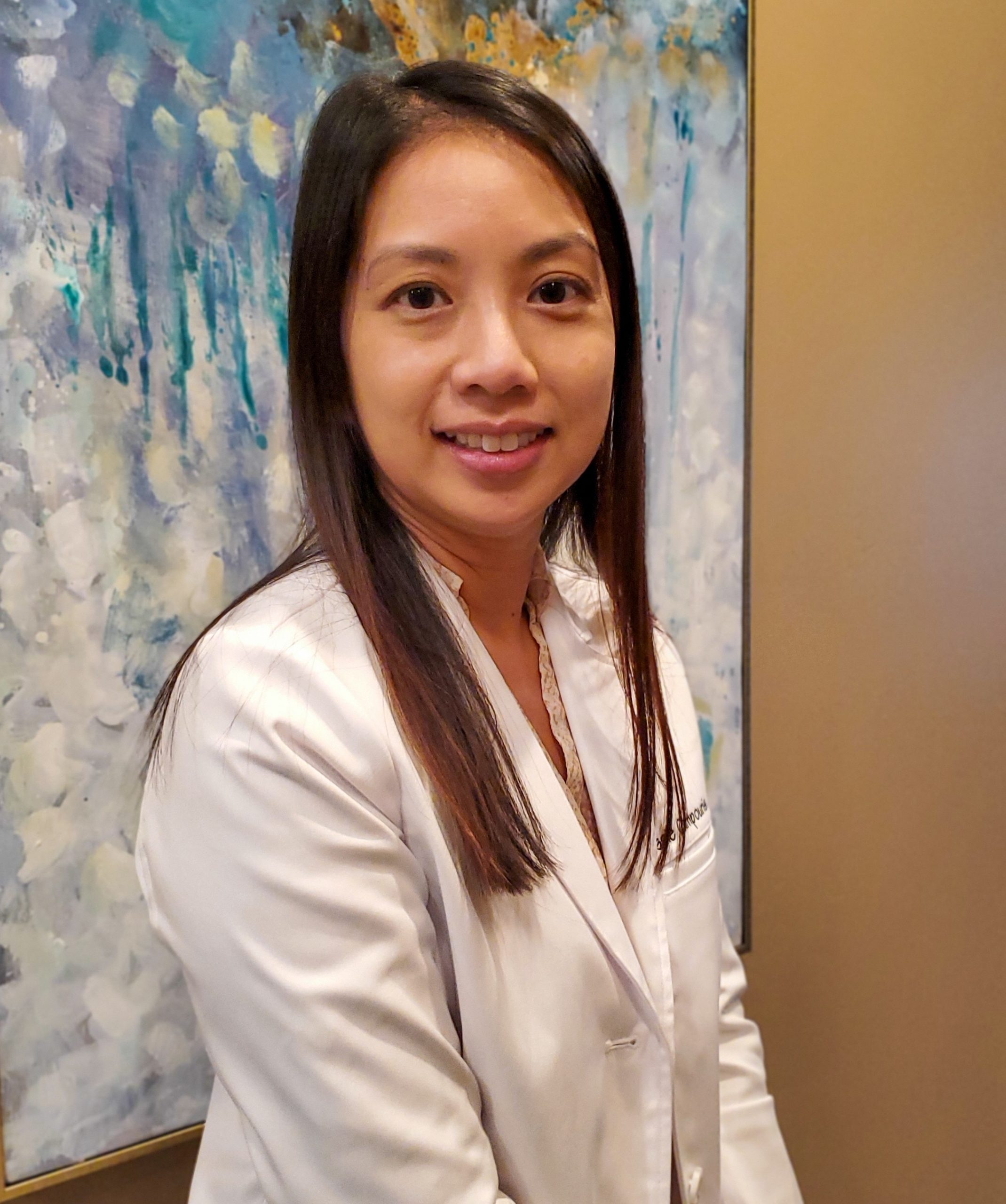
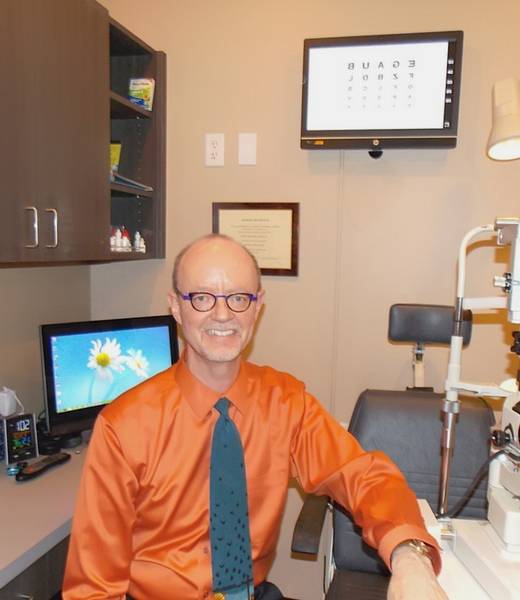
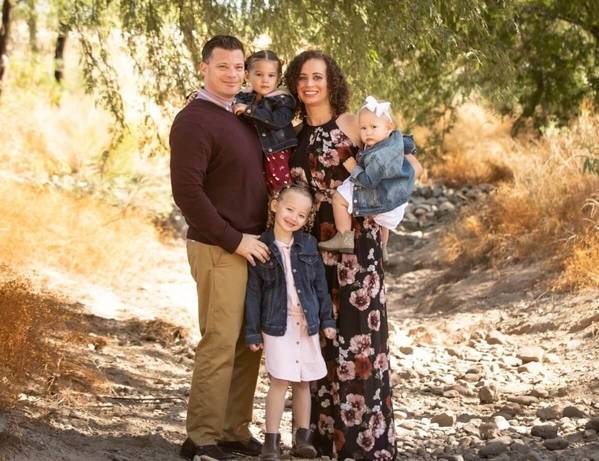
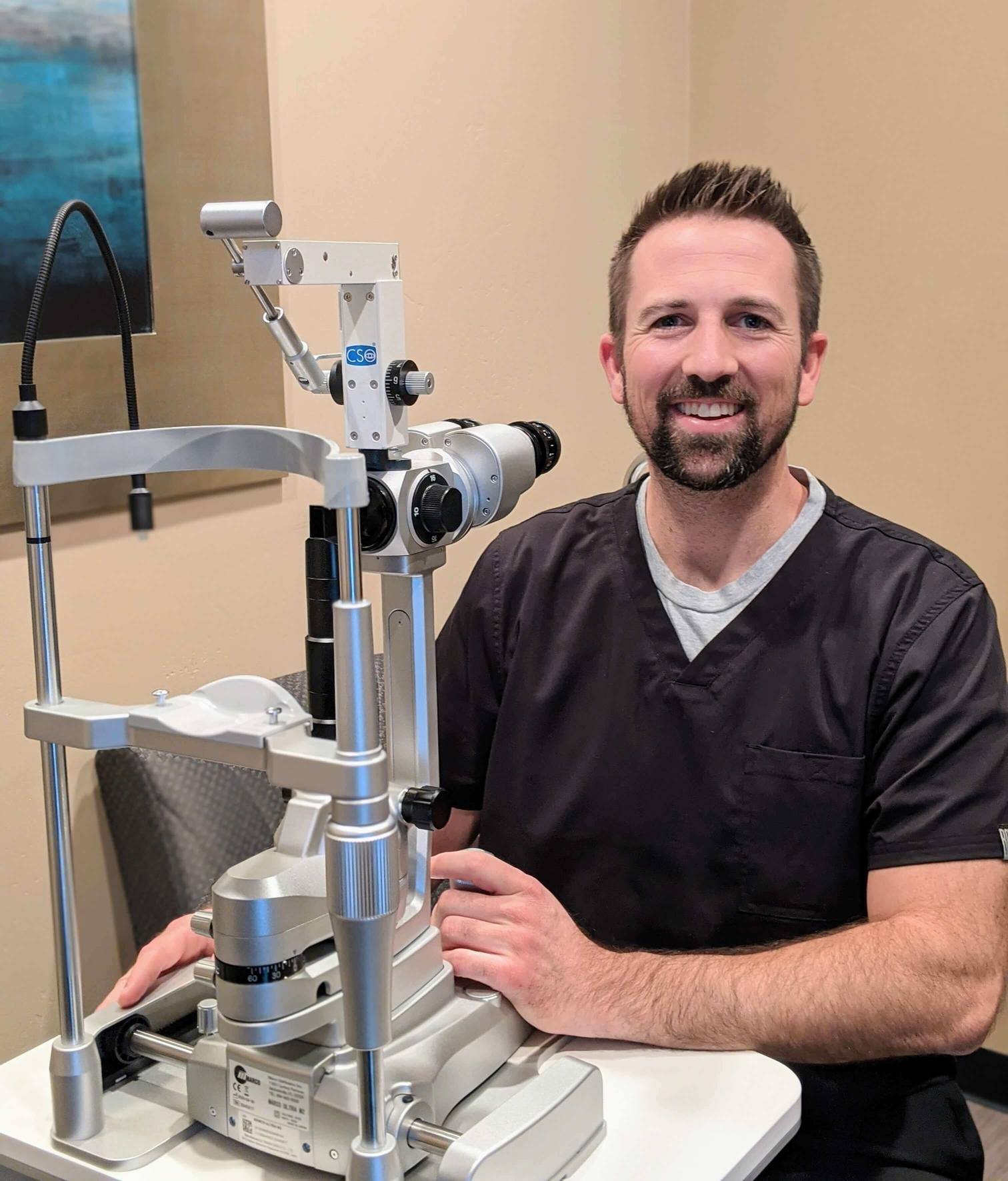
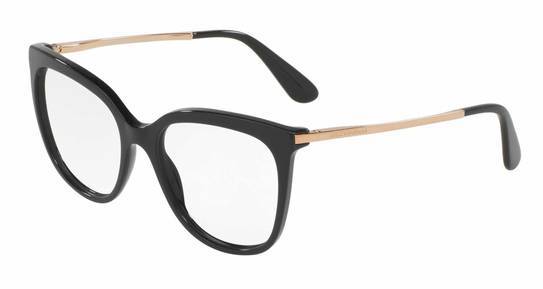






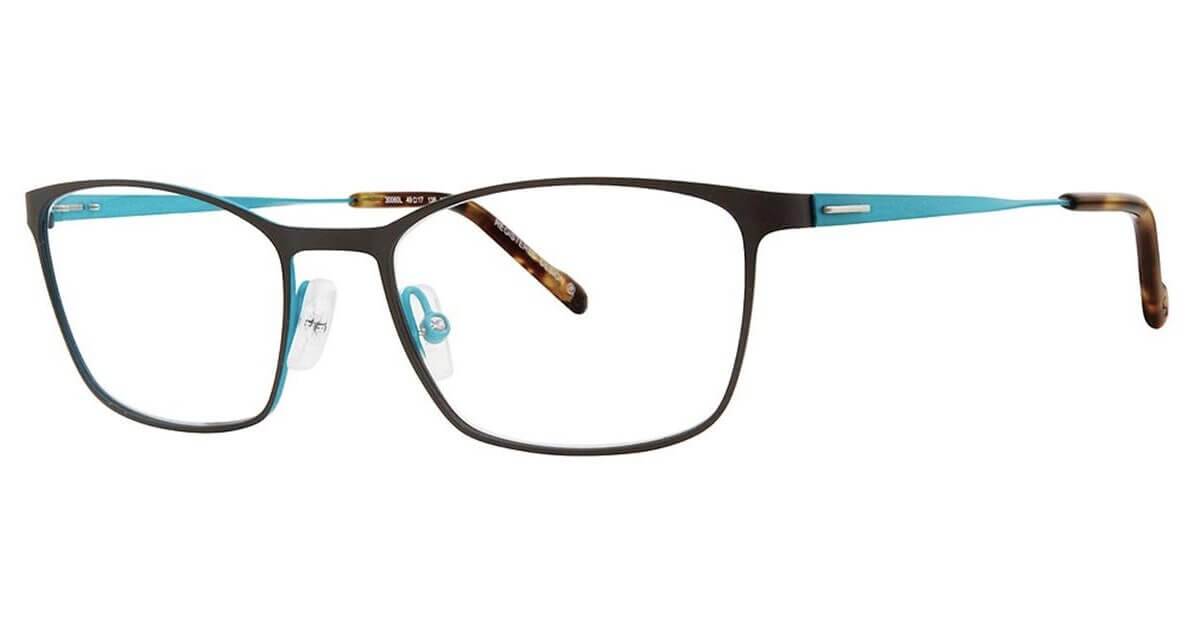

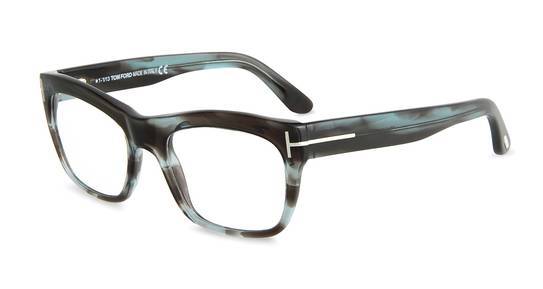
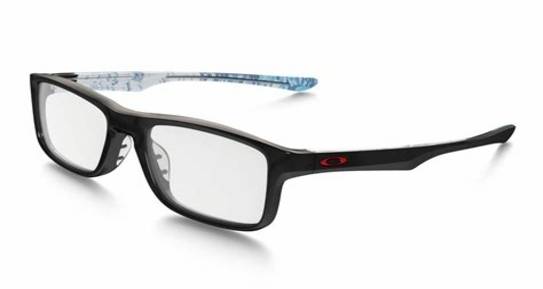
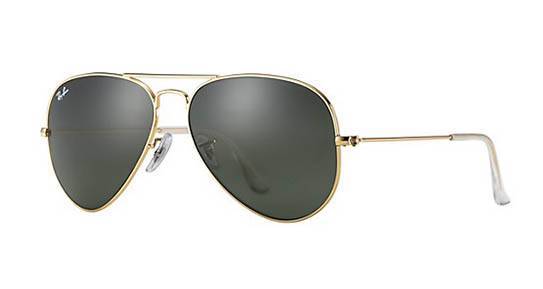
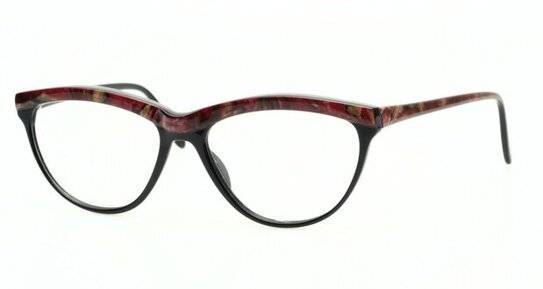
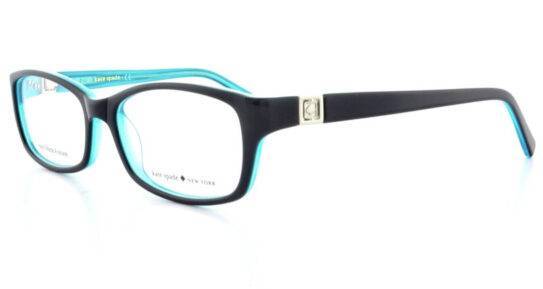
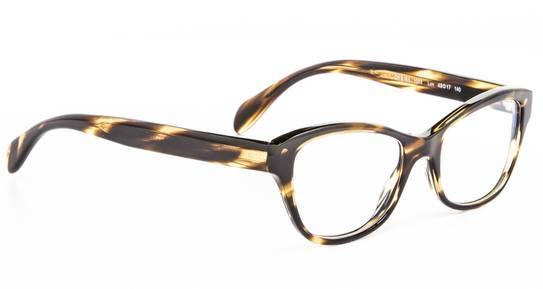

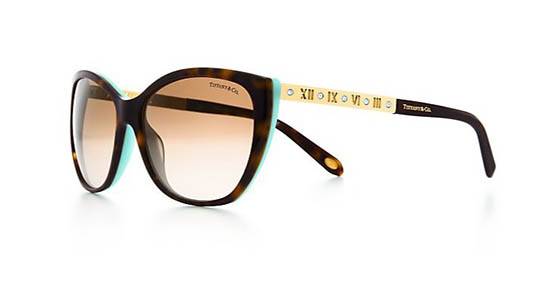
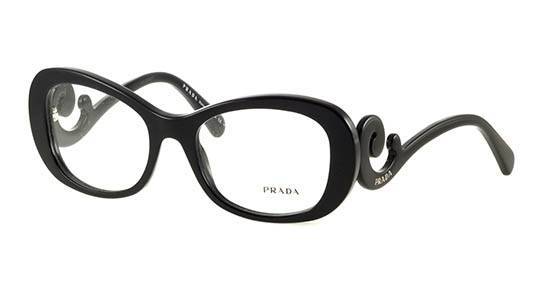
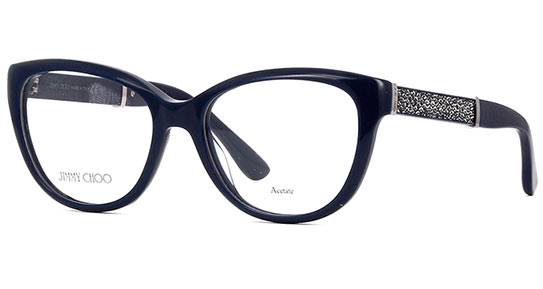
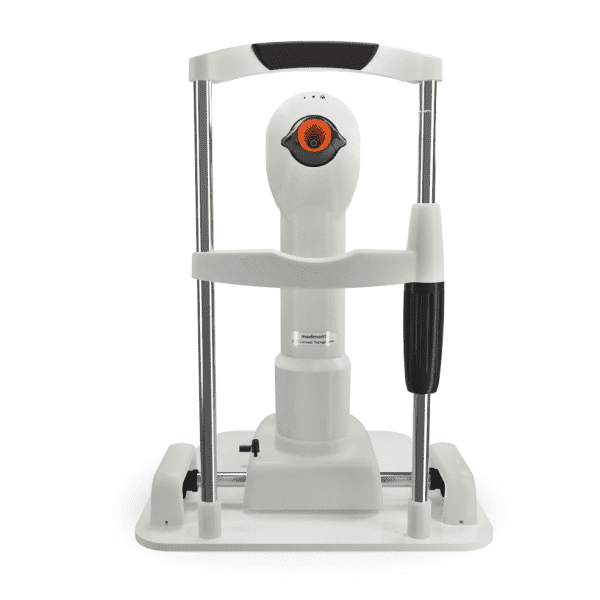
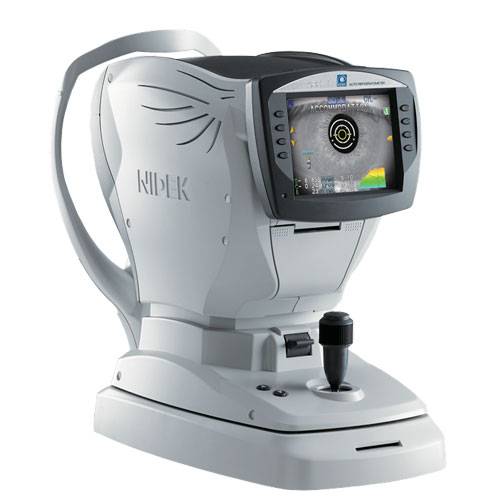
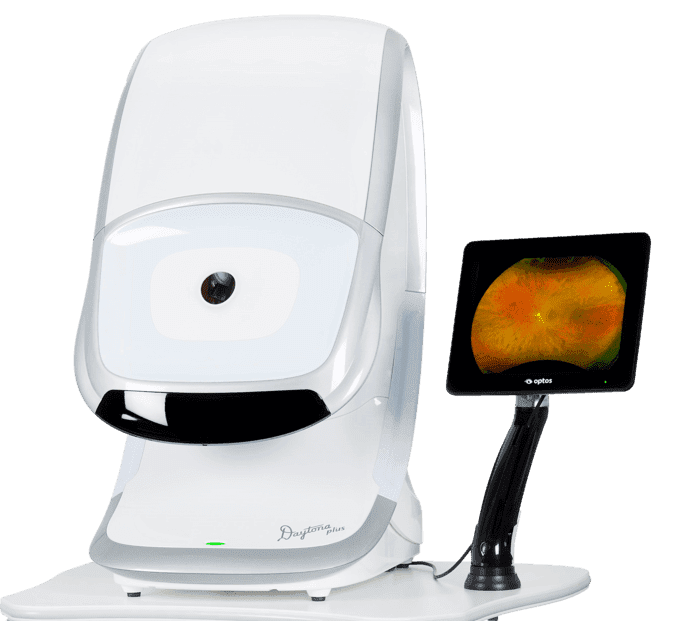
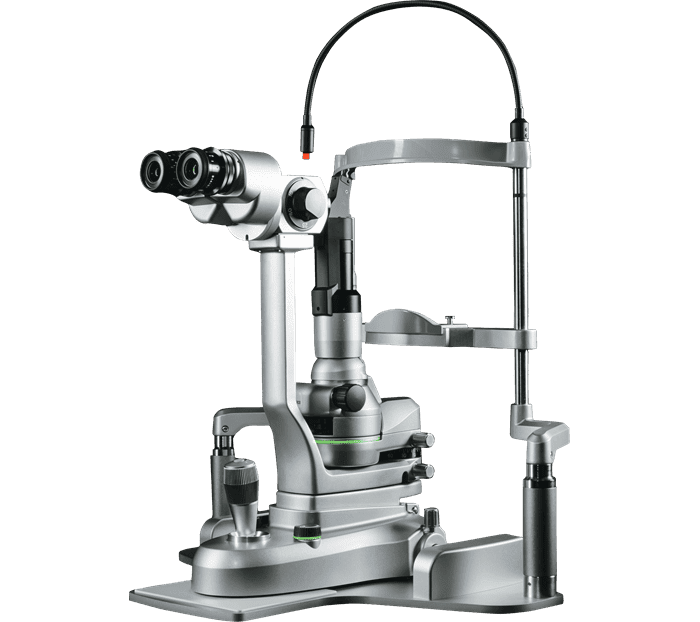
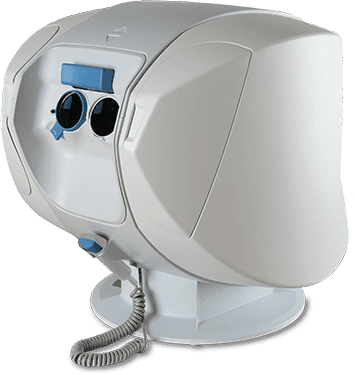
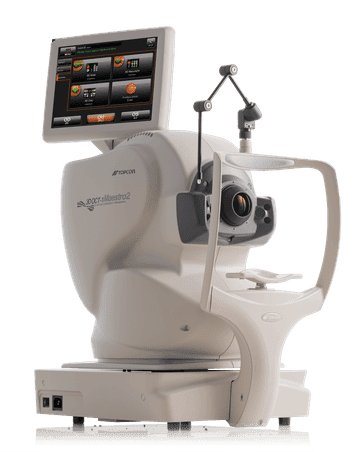
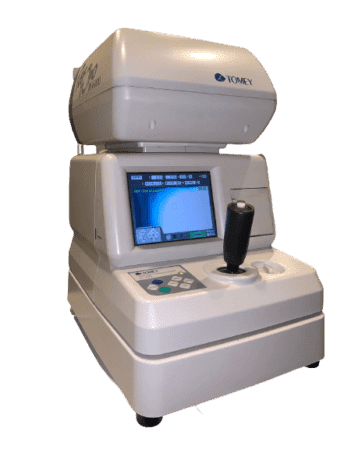
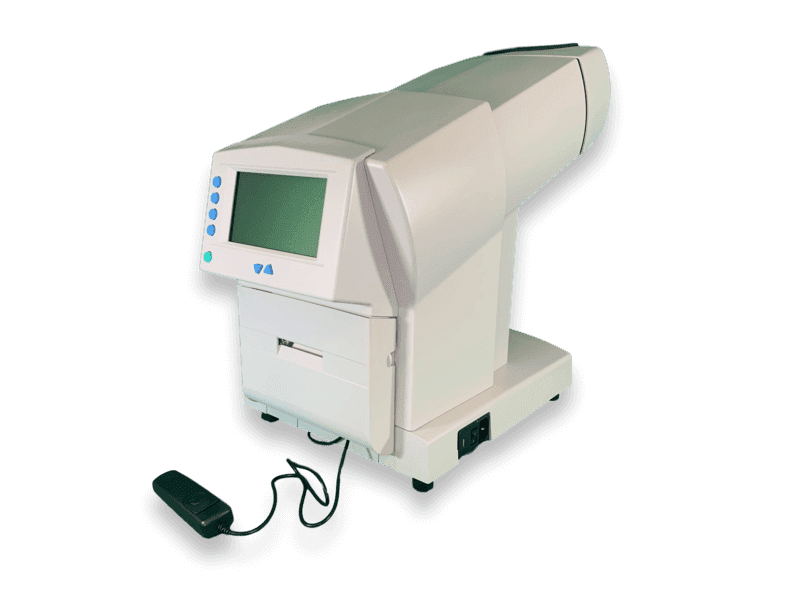
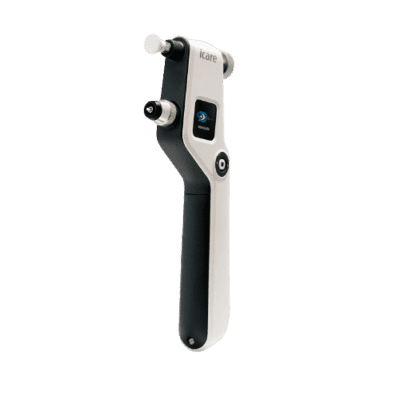
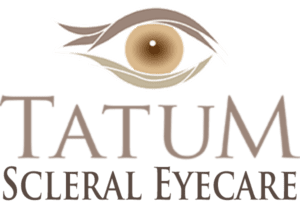
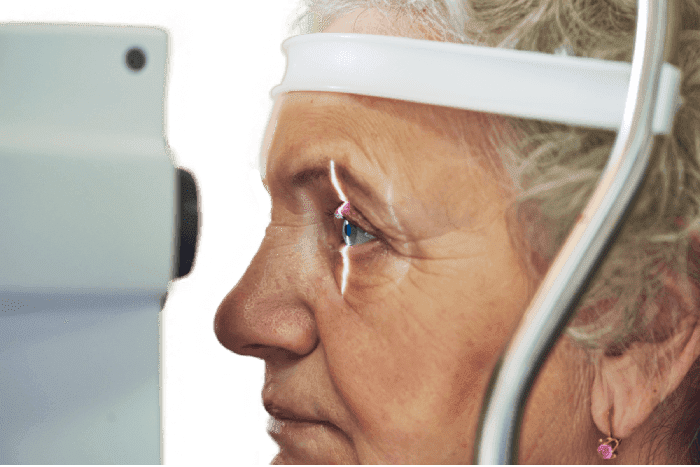
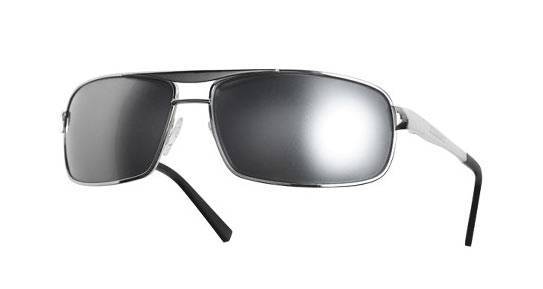 Dillon Optics, the performance eyewear arm of Dillon Precision, have a unique non-reflective, matte lens appearance incorporated with NIR lens technology. This produces noticeably sharper clarity, and protects the lens from damage and harmful environmental conditions. Perfect for outdoor sports and activities where precision vision is required. Tatum Eyecare carries a wide variety of Dillon Optics eyewear.
Dillon Optics, the performance eyewear arm of Dillon Precision, have a unique non-reflective, matte lens appearance incorporated with NIR lens technology. This produces noticeably sharper clarity, and protects the lens from damage and harmful environmental conditions. Perfect for outdoor sports and activities where precision vision is required. Tatum Eyecare carries a wide variety of Dillon Optics eyewear.




